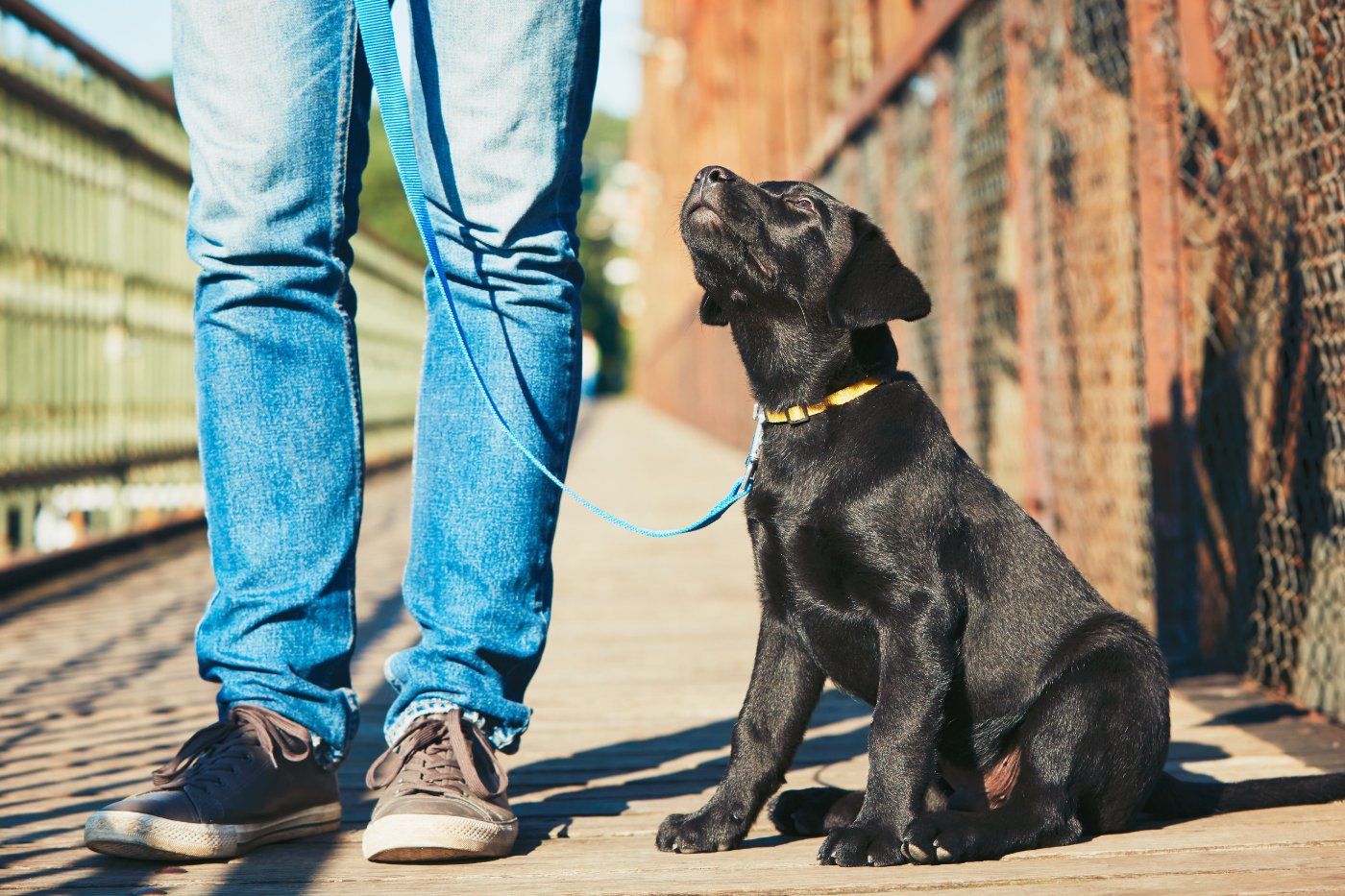Your new puppy will bring joy and love into your home during his first year. He will also test your patience and occasionally exhibit baffling behaviors. He’ll grow at a rate far faster than any child and will reveal his unique personality as he matures. Understanding what to expect during the first year of your puppy’s life at home will make it easier for everyone to adjust and learn.
Keep in mind that all dogs mature at different rates. The guidelines below give you a general idea of what happens and when, but each puppy is an individual. There are some breed differences as well, with some purebred puppies maturing more quickly than others. The milestones outlined here can give you a general idea of what to expect during your puppy’s first year. Always consult your veterinarian if you have any questions.
8 Weeks
Sometime around the 8 week mark, your puppy is ready to come home with you. Before this, it is essential that he stay with his mother and siblings. At the 8-9 mark, he can form strong attachments to people and create family bonds. Puppies this age can adjust readily to changes and are easy to train.
8-10 Weeks
Puppies are impressionable, never more so than at the two-month mark. Positive interactions with family members, other pets, and new situations are crucial. Take the time to introduce your purebred or designer puppy to others and gently familiarize him with new conditions and locations. If possible, avoid scary or painful encounters at this point, as they can have a lasting impact.
Booster shots will be needed starting at this point, so be sure to minimize your puppy’s fears and praise him at the vet’s office. Keeping a positive attitude and turning the experience into a happy one will help. Don’t act upset, and avoid trying to be overly sympathetic or soothing. Puppies are intuitive and will assume that there must be something terrible happening if you’re upset.
10-16 Weeks
It’s time to start dog training classes! Suitable puppy classes will teach him appropriate social skills and help him develop emotionally and intellectually. Regular training sessions will also give you the skills needed to train your puppy correctly and help him learn. Training should always be enjoyable and end in your puppy feeling like he’s achieved success.
During training, avoid punishments or scare tactics. Your puppy will be eager to please you, so focus first on commands such as “sit,” “stay,” and “come.” Practicing these tasks in various settings with a wide range of people is crucial. Of course, always keep your puppy on a leash outside of your home. This gives him a sense of security and maintains control over his safety at all times.
4-6 Months
Your puppy is becoming more confident and independent, venturing out into the world with curiosity. He will constantly be exploring new environments and will start to stray away from your side. Continue training your puppy but add distractions to help maintain his focus. Spend as much time as possible with your puppy now to strengthen the bond between you, as he will soon be at the age to challenge your authority. Six months is an appropriate age to get your puppy spayed or neutered.
6-12 Months
Congratulations, your puppy is a teenager! Your puppy’s training will come in especially handy during this stage. He will need lots of stimulation to expend his high energy, so plan lots of activities you can do together. He’ll get bored quickly, which can make him feel frustrated (which might end up in a chewed pair of shoes). Your puppy will test his limits, much like a teen. To avoid problems, minimize situations that could lead to danger, such as walking without a leash. Safe and stimulating toys, including chew toys, are essential. Don’t be surprised if occasionally your puppy seems to be regressing – this is normal for a healthy puppy. It’s part of your dog’s need to test the limits you’ve placed on him. Don’t punish him for lapses. Instead, redirect, reinforce proper behavior, and encourage him.
12-18 Months
Most puppies are emotionally mature at around a year old, almost all by 18 months. Small breed dogs tend to reach maturity sooner than larger dog breeds. Some dogs will start to display attempts at domination to establish themselves as a strong member of the pack (your family). While these challenges to authority need to be treated seriously, you should not punish your puppy. Consult with your veterinarian or a dog behaviorist to learn appropriate techniques for modeling appropriate behavior.
Your puppy is a loving and faithful addition to your home. Compassion and a willingness to work with him throughout the crucial first year of his life will help him become a well-adjusted, affectionate member of your family.
